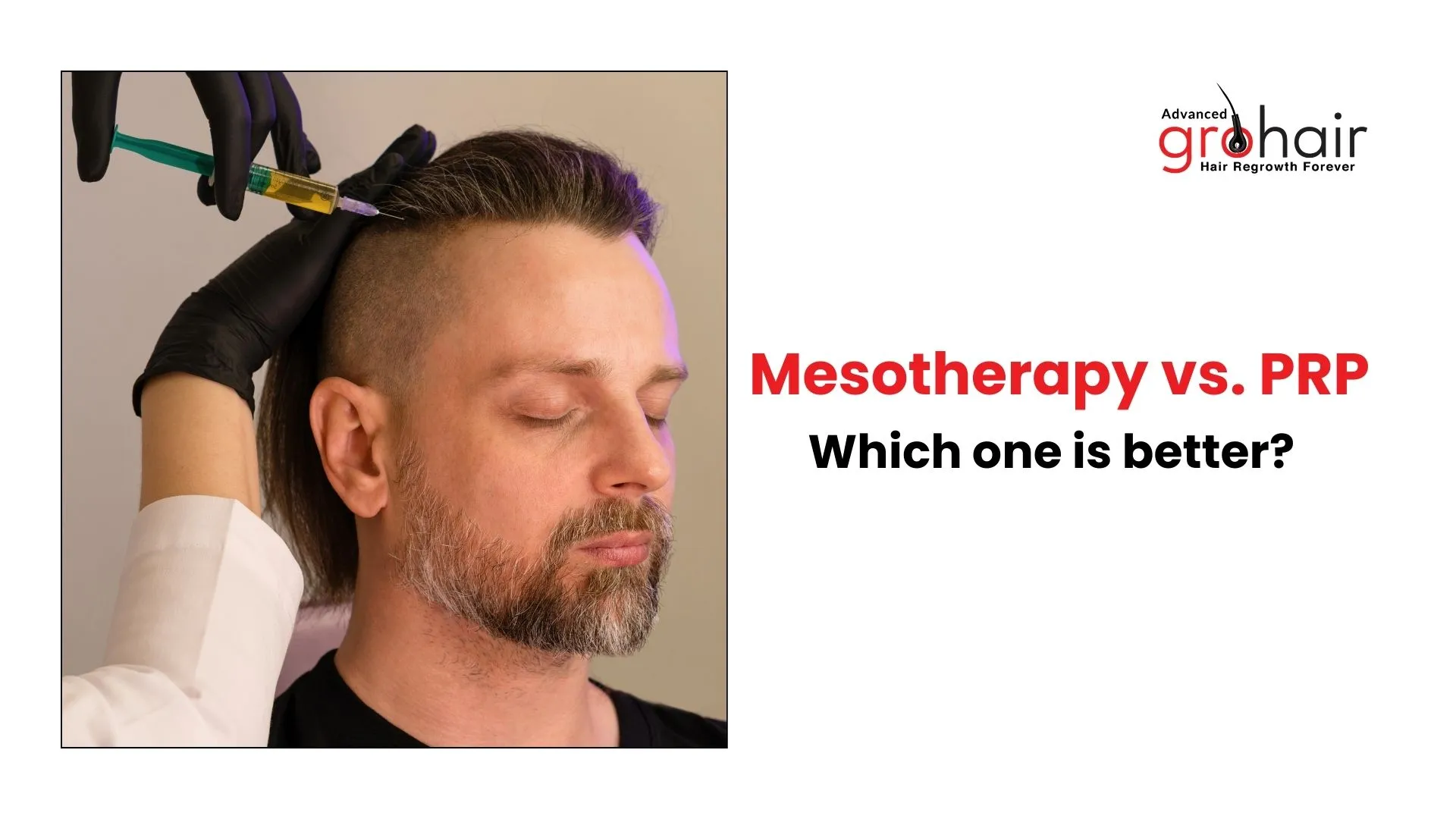Laser Skin Whitening Treatment Side Effects: Is It Safe For Your Skin?

Ever glanced in the mirror and wished your skin was clearer and brighter? That elusive even skin tone? In India, the desire for fair skin is deeply ingrained, and for many, laser skin whitening treatment pops up as the ultimate shortcut.
It promises a quick transformation, sparking hope for that radiant look. Its popularity is soaring.
But hold on a second. Before you dive headfirst into the laser light, let’s have a real conversation. This is about more than just making grandiose promises; it is also about preparing.
This blog is here to truly uncover the potential side effects of laser skin whitening treatment.
We’re arming you with honest facts, empowering you to make a choice that truly serves your skin’s health and beauty on this skin whitening journey. Ready to get informed? If yes, then let’s go
What Is Laser Skin Whitening Treatment?
So what do we mean when we say laser skin whitening treatments? Think of tightly focused beams of light, exactly aimed at your skin.
Think of some as “skin peelers,” like CO2 lasers, which slowly eat away thin layers of the surface. While others, for example the Nd:YAG absorbs further below the surface without affecting the overlying skin (but for the pigmentation under the skin.)
So, the reasons how lasers work to lighten skin and treat pigmentation problems are cool: the laser energy actually acts like a magnet towards melanin. It attracts that energy, breaking up the melanin into small pieces your body then naturally removes. Voila! Lighter skin emerges.
It is critical to understand the difference between laser skin whitening and chemical peel treatments. Lasers use light for pinpoint colour removal. Chemical peels are treatments that use unique acidic solutions to chemically exfoliate your skin to give your skin a new appearance and a brighter, and smoother edge. Same goal, totally different game.
How Laser Affects Your Skin
Let’s peel back another layer. The core mechanism is all about targeting melanin in the skin to lighten your skin. Picture the laser as a smart sniper, seeking out those concentrated pigment spots.
It gives a short surge of energy, breaking them down. This scattered pigment then gradually fades, leaving your skin looking lighter.
Of course, the intended benefits are what truly captivate us: that promise of undeniably radiant skin, a wonderfully clear skin, and a beautifully evening out skin tone.
Laser can also do wonders on texture and fine lines to give your skin a smoother overall appearance.
If we are discussing particular lasers that are used for whitening the skin, you may hear names such as Nd:YAG (often an intelligent option for Indian skin because it’s easier on the skin) and CO2 (a more intense option for advanced skin resurfacing).
Your Skin Specialist will be the expert guiding this choice.
Common Side Effects of Laser Skin Whitening
All right, let’s cut through the boredom here, what might really happen. We all want that perfect glow, but… you need to know the potential adverse reactions that COULD happen to you.
1. Redness, Peeling, and Swelling
Right after a laser treatment, don’t be shocked with redness, peeling, and swelling. It’s really normal, actually feeling like a terrible sunburn, and tends to subside in a few days to weeks, depending on the intensity of the laser.
2. Hyperpigmentation
But there could be more at stake. At times, you may develop hyperpigmentation, so your skin really darkens in the treated areas.
3. Bruising in darker skin tones
This is a particular danger for more duskier skin types such as ours in India (it’s called Post-Inflammatory Hyperpigmentation or PIH) if the settings aren’t absolutely perfect.
Even worse, if incorrectly executed, burns and even scarring permanent, are very real possibilities. You could also see some bruising, depending on the laser, she says.
Remember, every skin is unique. These side effects can differ according to skin type and concern. Which is actually one of the reasons why pushing the skin too much or in the wrong direction can be disastrous if not done correctly, it’s not just about the machine but also about the skill of the person who operates it.
Factors That Influence Side Effects
So, why do some people sail through while others hit choppy waters? Several key factors influence side effects.
1. Skin type, colour, and sensitivity
Your own skin type, colour, and sensitivity come into play in a big way. For example, if you naturally have oily skin or, even more importantly, darker skin tones (i.e., more melanin in the skin)
2. Amount of melanin in the skin
your skin may respond differently. The more melanin, the more likely your skin is to become darker (PIH) with stress from the laser treatment.
3. Type of treatment and laser used
Then there is the exact sort of treatment and the laser employed. A super-strong laser might give quicker results, but it definitely brings higher risks.
4. Quality of skin clinic and provider expertise
The quality of the skin clinic and provider expertise is perhaps the most vital factor. An untrained person or a clinic cutting corners can turn a hopeful journey into a risky nightmare, potentially leading to lasting skin issues. Please, choose wisely!
Is Skin Whitening Treatment Safe?
The million-dollar question: Is skin whitening therapy safe? The straight answer is: it can be, but only if you’re playing by the rules and using your head. Whether or not laser skin whitening is safe for your skin depends on an intelligent understanding from a qualified dermatologist familiar with Indian skin. Safety is based on your particular skin and overall health.
To actually assist you in reducing risks, always adhere to these golden rules:
- Always, always consult a well-known board-certified Expert or Specialist.
- Request a patch test. Seriously, do not skip it!
- Ensure they choose the very right kind and setting of laser for your specific skin.
- Perfectly follow all pre- and post-treatment guidance.
It’s also vital to understand when not to have laser treatment. If you’ve got active skin infections, certain skin illnesses (like psoriasis or vitiligo), are on certain medications (especially light-sensitive ones), or are pregnant or nursing, it’s a hard pass. Your health comes first.
Skin Whitening Treatment Cost in India
Now, let’s talk about money. How much does the treatment cost? In India, laser skin whitening treatments can cost anything from ₹3,000 to ₹15,000 each session. And keep in mind, this is no one-shot deal; you’ll typically require multiple sessions (often 4-8) to see good results, so the tally can hike up.
Many factors affecting the treatment cost:
- The specific laser technology (some are pricier).
- The clinic’s reputation and where it’s located (big cities and posh clinics cost more).
- The size of the area you’re treating (a small spot vs. your whole face).
- The total number of sessions needed.
Curiously, the whitening cost in India vs other countries is significantly cheaper as India is a hot spot for medical tourism. But as a reminder, cheaper is not always better or safer.
Safer Alternatives & Post-Treatment Care
So, if a laser is just too brave or just not for you, then what? Silver lining: there are other ways to do it, which can slowly build up the tone of your skin.
Use gentle whitening skin care products and whitening creams with big guns like Kojic Acid, Arbutin, Niacinamide (Vitamin B3), Vitamin C, and mild retinoids.
For those who love nature, turmeric, sandalwood, or aloe vera are some natural options that will do the trick, but slowly. (Patch test those too, of course!)
Along with the treatment itself, post-treatment skin care is absolutely, positively a necessity. After any treatment, even the most insignificant procedure, harsh sun protection (a good 30+ SPF sunscreen every day is your new BFF!), light cleansing, and regular moisturising are a necessity.
These are also guidelines on how to maximise your skin, refine skin texture, and prevent new pigmentation and include: discarding harsh scrubs, applying soothing products, proper hydration, and a balanced diet for healthy overall skin.
Who Should Not Use Laser Skin Whitening?
Laser skin whitening is not suitable for everyone. Certain individuals are at increased risk and should completely avoid these procedures:
- Patients with sensitive skin or current skin problems/complaints such as active eczema, psoriasis, rosacea, or severe acne.
- Patients with a history of cold sore breakouts because the laser has the potential to cause the cold sores to break out.
- Patients who are likely to get pigmentation or spotty complexion (especially darker complexions) owing to high PIH risk.
- Who has a prior history of keloid development.
- Patients who are on specific drugs (e.g. isotretinoin (though not labile), or photo-sensitising drugs).
- Pregnant or lactating females.
- Individuals with unrealistic expectations.
Conclusion: Is It Worth It?
Last but not least, the million-$ question: does laser skin whitening work and is it safe? The simple reply will depend on your skin, your own issues, and the expertise of your selected Expert or specialist.
Although lasers can be of great help to some, the risk of side effects, ranging from mild redness to permanent hyperpigmentation or burns, must be taken very seriously.
The “value” of the treatment is actually personal. It’s a matter of balancing those desired results against potential risk and cost. Always be realistic in your expectations; dramatic, permanent whitening isn’t often achievable or, really, worth it.
The one most important thing to do? Get to a Expert. A professional can properly assess your skin, communicate reasonable expectations, outline your individual risk factors, and assist with determining the optimal treatment path for your desired colour, laser, other treatments, or combination. Your skin’s health must be at its best at all times.
Book An Appointment
FAQs
Does Skin Whitening Last Forever?
Not typically, no. Laser or products, results are usually temporary. Your skin will naturally produce melanin, and sun exposure, hormones, and genetics can trigger pigmentation to come back. Ongoing maintenance is the way forward!
Will I darken if I discontinue skin whitening Treatment?
It’s highly likely. When you stop treatment, without careful sun protection and maintenance, your skin can go back to its prior color or even become pigmentated again. This emphasises the importance of regular aftercare and sun avoidance.
Is permanent skin whitening safe?
The notion of “permanent” whitening of skin is frequently deceptive and typically carries serious dangers. Any procedure that guarantees permanently achieving the desired results must be treated with utmost skepticism. Efficient yet secure procedures will endeavor to lighten and balance tone, not to make a drastic, permanent change. Safety always trumps promises of permanence.
Are there side effects to whitening products?
Absolutely, yes. Even most over-the-counter whitening agents have side effects, especially if they have powerful ingredients such as hydroquinone (in high dose) or steroids. Irritation, redness, dryness, contact dermatitis, and paradoxical darkening (ochronosis) with abuse are common side effects. Always check ingredients and do a patch test.
Does skin whitening hurt?
Laser skin whitening may be painful. The majority report that it is a quick snapping, like the snapping of a rubber band against the skin. Pain depends on the type of laser, the intensity, and how well you can stand pain. Topical anesthetics may be applied to reduce discomfort. With whitening creams, you will not experience pain, but some minor stinging or irritation may occur if your skin is highly sensitive.
Also Read





